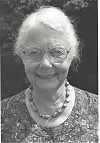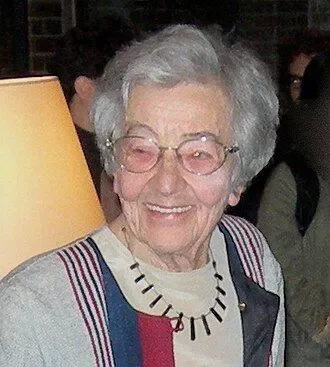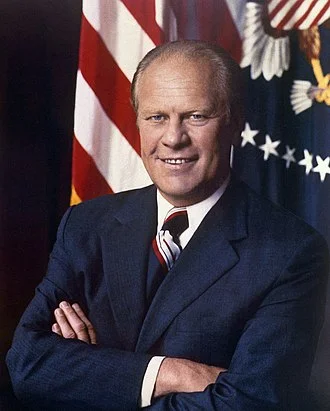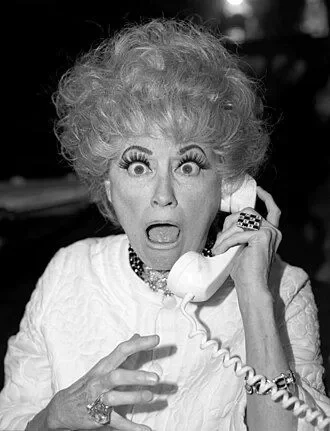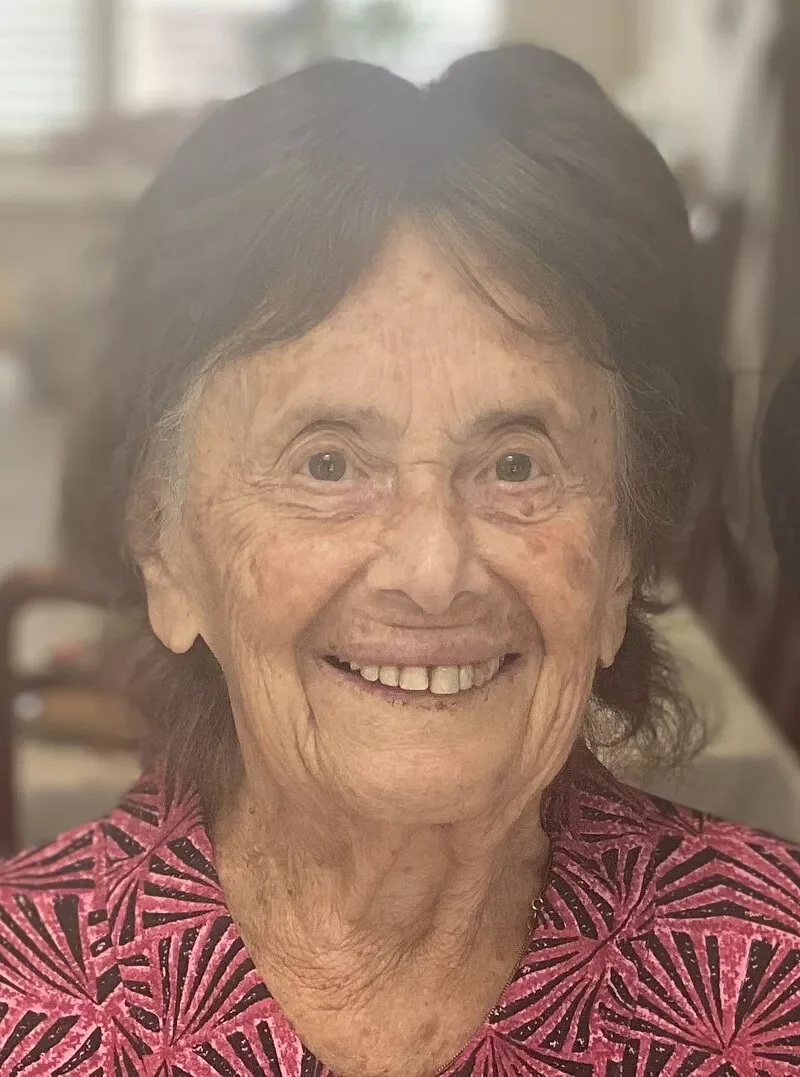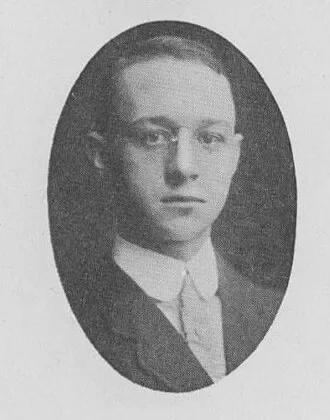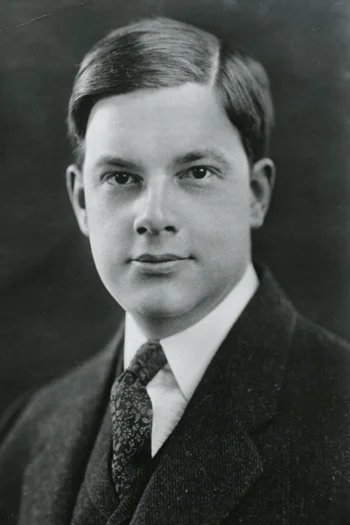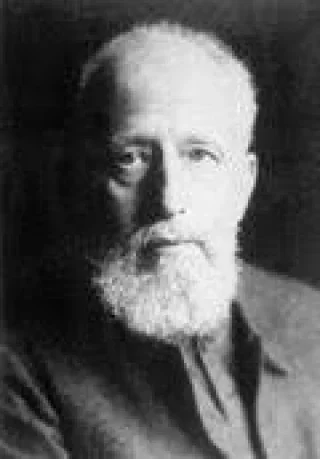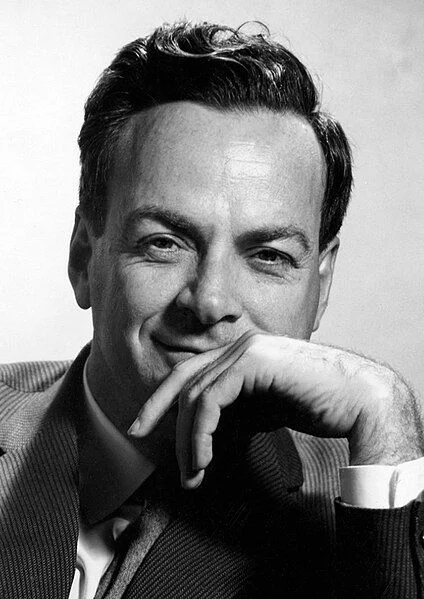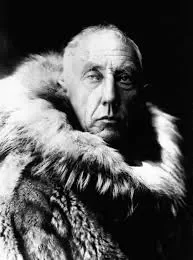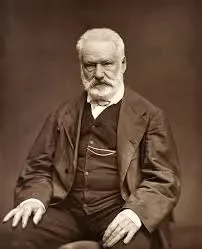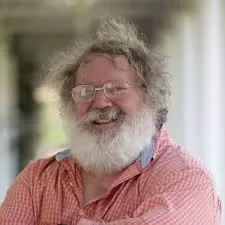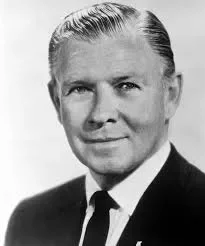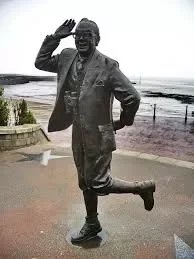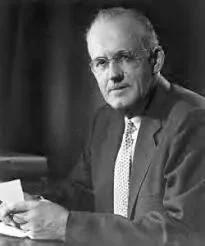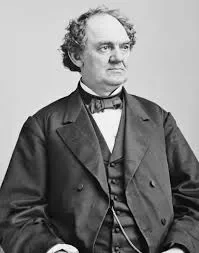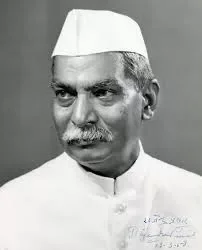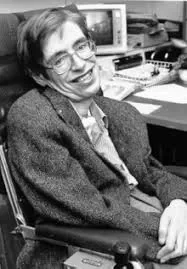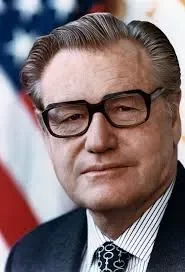Real Celebrities Never Die!
OR
Search For Past Celebrities Whose Birthday You Share
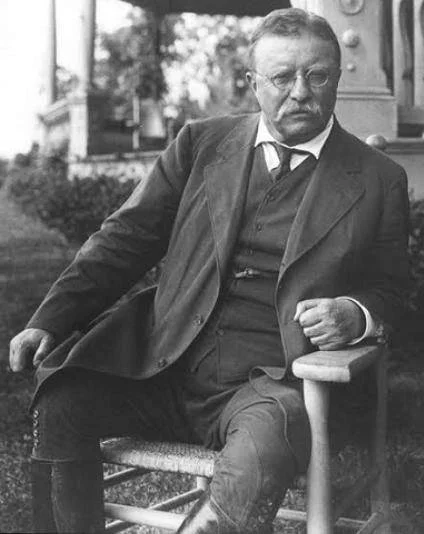
source: wikipedia.org
Theodore Roosevelt
Birthday:
27 Oct, 1858
Date of Death:
06 Jan, 1919
Cause of death:
Natural causes
Nationality:
American
Famous As:
Author
Age at the time of death:
60
Theodore Roosevelt's Quote's
Introduction
Theodore Roosevelt was the 26th president of the United States from 1901 to 1909. He was responsible for reshaping American politics in the early 20th century and left a lasting impact on the nation.
Early Life and Education
Theodore Roosevelt, often called Teddy, was born into a wealthy family in New York City. He suffered from asthma as a child, but he managed to overcome his weakness by pursuing outdoor activities. He graduated from Harvard University in 1880 and married Alice Hathaway Lee. He briefly attended Columbia Law School, but his passion for public service led him to drop out and pursue a career in politics.
Early Political Career and Personal Tragedy
When Roosevelt was 23 years old, he was elected to the New York State Assembly, where he served two terms. His life took a tragic turn in 1884 when his wife and mother passed away on the same day. He returned to his ranch in the Dakota Territory, where he spent the next two years. During this time, he married his childhood sweetheart, Edith Kermit Carow, and together they raised six children.
Military Leadership and National Recognition
Roosevelt’s political career continued to flourish. He played a pivotal role in the Spanish-American War of 1898 by forming the First U.S. Volunteer Cavalry, known as the Rough Riders. His heroic leadership in the Battle of San Juan made him a national hero.
Becoming the Youngest President
Roosevelt rose through the ranks in his party and became the vice president under William McKinley in 1900. After McKinley’s assassination in 1901, he assumed the role of president, making him the youngest president at the age of 42.
Progressive Policies and Domestic Reforms
As president, Roosevelt followed a progressive approach that focused on regulating big business, combating corruption, and expanding America’s influence across the world. Roosevelt also vigorously enforced the Sherman Antitrust Act and dismantled major industrial combinations that stifled competition. These efforts made him a champion among the working class. He also set aside vast areas of land for national forests, wildlife refuges, and reserves, which totaled approximately 200 million acres.
Roosevelt’s Foreign Policy and Global Impact
Roosevelt expanded America’s role on the global stage and wasn’t afraid to assert American power when necessary. He initiated the construction of the Panama Canal, mediated the Russo-Japanese War, and negotiated the Treaty of Portsmouth. His efforts earned him a Nobel Peace Prize in 1906.
The Roosevelt Corollary and Military Transformation
Roosevelt issued his “corollary” to the Monroe Doctrine, asserting the United States’ right to intervene in the region to prevent European colonization and protect economic interests. He was also responsible for transforming the U.S. Army into a formidable force capable of protecting American power worldwide.
Post-Presidency and Political Legacy
After declining the chance to run for president a third time in 1908, he handpicked William Howard Taft as his successor. After becoming disillusioned with Taft’s policies, he ran for office in 1912 as the leader of the Progressive Party. He lost to Woodrow Wilson but gained more votes than Taft, making him the most successful third-party presidential candidate in American history. He continued to play an active part in American politics until his demise in 1919 at the age of 60.
Name:
Theodore Roosevelt
Popular Name:
Theodore Roosevelt
Gender:
Male
Cause of Death:
Natural causes
Spouse:
Place of Birth:
New York City, New York, U.S.
Place of Death:
Oyster Bay, New York, U.S.
Occupation / Profession:
Personality Type
Entrepreneur: Theodore Roosevelt was outgoing and charismatic which helped attract people towards him.
He once delivered a one-hour speech after being shot by a would-be assassin, refusing to go to the hospital until he finished speaking
Roosevelt took up boxing as a hobby.
Roosevelt was the first American to win a Nobel Peace Prize in 1906 for his role in negotiating an end to the Russo-Japanese War
Roosevelt went blind in his left eye due to an injury sustained in a boxing match while he was President
Theodore Roosevelt claimed to have a photographic memory.
He was the 25th Vice President of the United States.
He was the 26th President of the United States.
Theodore Roosevelt was awarded the Nobel Peace Prize in 1906.

